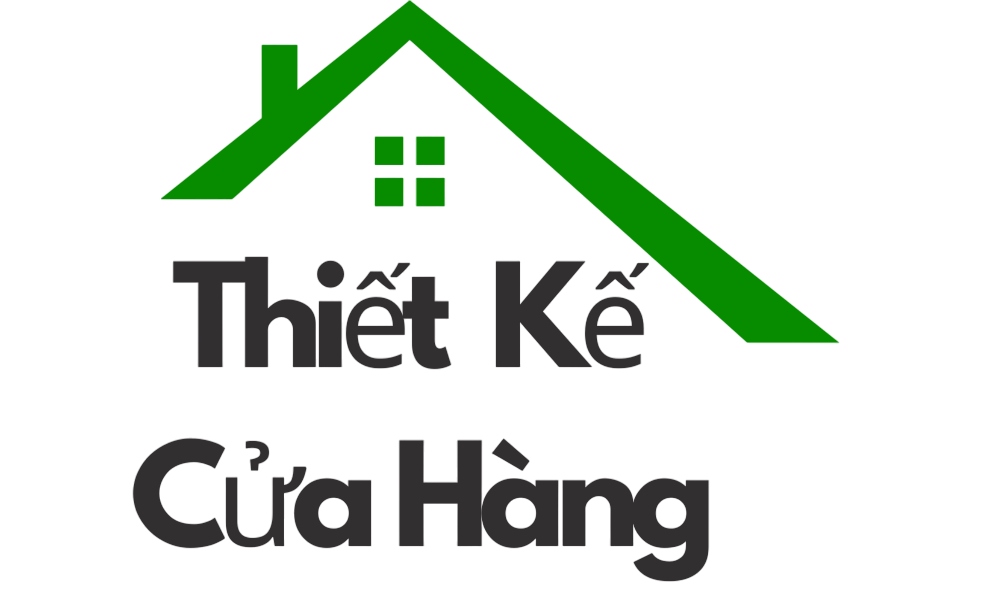# SEO Indexing Explained: How to Get Your Pages Found by Google
Getting indexed by search engines is non-negotiable if you want to show up in search results. Search engines can’t show what they don’t know exists. In this breakdown, we’ll cover all the essentials to advanced techniques to ensure your pages get noticed.
Whether you’re running a blog, understanding how indexing works is the first step to building visibility. Read on to find out how to ensure your pages make it into the Google index.
# SEO Indexing: The Basics
Put simply, indexing means your page can now be found by Google or Bing. No index = no visibility. The indexing process usually begins with crawling, where bots scan your page. Then the page is analyzed and, if deemed valuable, indexed.
# Ways to Verify Indexing
Type “site:” followed by your page URL into Google’s search bar. If it doesn’t show up, then it hasn’t been indexed yet. You can also check using Google Search Console. Inspect your URL there for confirmation.
# Blocked From Google? Here’s Why
There are many reasons a page might not be indexed:
- Your page has a noindex tag
- Robots exclusion could be preventing access
- Google can’t find orphaned pages with no links
- Content is too thin or duplicated
- It’s a brand new page
# Force Google to Index Your Site
Get your pages noticed fast with these actions:
- Use the URL inspection tool to request indexing
- Build internal links to the new page
- Distribute links to encourage crawling
- Sitemaps help bots discover new content
- Avoid using noindex tags or blocked resources
# Using Tools to Monitor Indexing
You don’t have to do this manually:
- Use it to see what’s working and what’s blocked
- Desktop tool for site audit and crawl diagnostics
- Ahrefs or SEMrush: To track index status and backlinks
- Indexation reports in Rank Math or Yoast SEO plugins
# Pro Tips for Full Index Coverage
Once you’ve covered the basics, these advanced tips can help:
- Add structured data for better understanding
- Consolidate thin content or redirect it
- Monitor crawl budget on large sites
- Search Console flags these issues clearly
- Easier for Google to prioritize important sections
# What Not to Index
Google doesn’t need to index everything:
- Admin or login pages
- Thank you pages and redirects
- Duplicate or filtered category pages
- Temporary builds shouldn’t be public
Don’t accidentally block what matters.
# Final Thoughts on Indexing
Indexing isn’t glamorous, but it’s essential. Combine crawlability with quality for best results. Use tools, monitor your site, and stay proactive.
Your first step is clarity — make sure Google can see you.
Read more: stck.me
